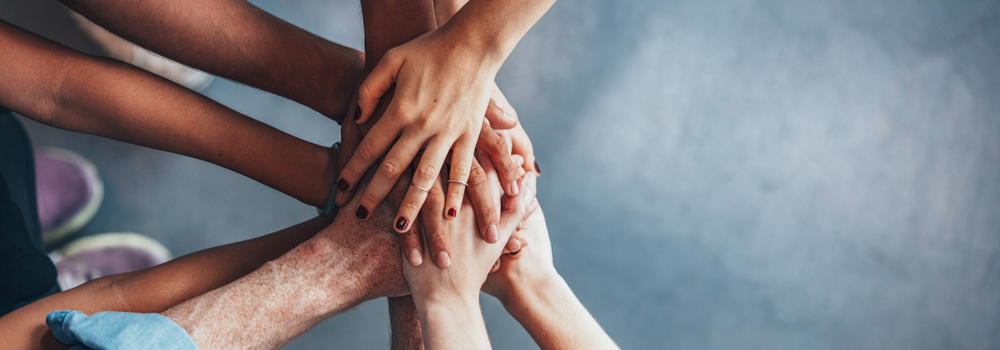“There is no ‘I’ in team,” we often hear when we discuss teamwork, collaboration, cooperation, dropping the ego, and working together. Teamwork cannot include ego. Teams do have leaders. Smart teams include multiple leaders. Leaders, more importantly, know how to be part of a team. A common depiction illustrates the metaphor. Someone who cannot be part of a team sits above a team, directing them, instructing them, making demands of them, but not involving themselves. Imagine a group of men pulling large rocks by strings, straining against the tension to get ahead. Leaders, on the other hand, joins in with the team, acts as part of the team, and believes themselves to be part of the team, not above the team. A leader is at the front of the team, leading the way, guiding, motivating, and inspiring. When part of a team is isolated, there will not be as much achieved. When a team is cohesive, anything can be achieved.
Patrick Lencioni, author of many books on business and success, wrote, “…teamwork begins by building trust. And the only way to do that is to overcome our need for invulnerability.” Invulnerable is an adjective, not a verb. “Impossible to harm or damage” is one way to define invulnerability. Humans are, by nature, vulnerable. The flesh can be cut. Our brains are protected by nothing more than a thin skeletal helmet. Life is incredibly fragile. It is our remarkable and curious ego that believes in and deeply craves invulnerability. Men especially are prone to attempting to achieve being invulnerable because the stereotype of the male character encourages the ideal that such a feat is possible.
Overcoming the delusion of invulnerability requires humility. Humility, when it comes to being part of a team, is recognizing that one is no greater than any one member of his team or the team itself. A modest recognition of who one is and what one’s contributions are helps develop trust. Team members can trust that one will put the team first. One can trust that the team will put members of the team first. Humility is what allows us to ask for help, in which we gain great strength. In asking for help, we open our minds to other solutions and find that we gain immense wisdom and knowledge from these experiences. The narrow scope of our personal expertise rooted in ego can actually limit us from the exponential gain of being part of a team.
Tree House Recovery is a men’s residential treatment program in Portland, Oregon, offering men the journey of finding freedom from addiction. Creating a sustainable recovery through sustainable change, our programs help men revolutionize their life through total transformation of mind, body, and spirit. Call us today for information: (503) 850-2474



